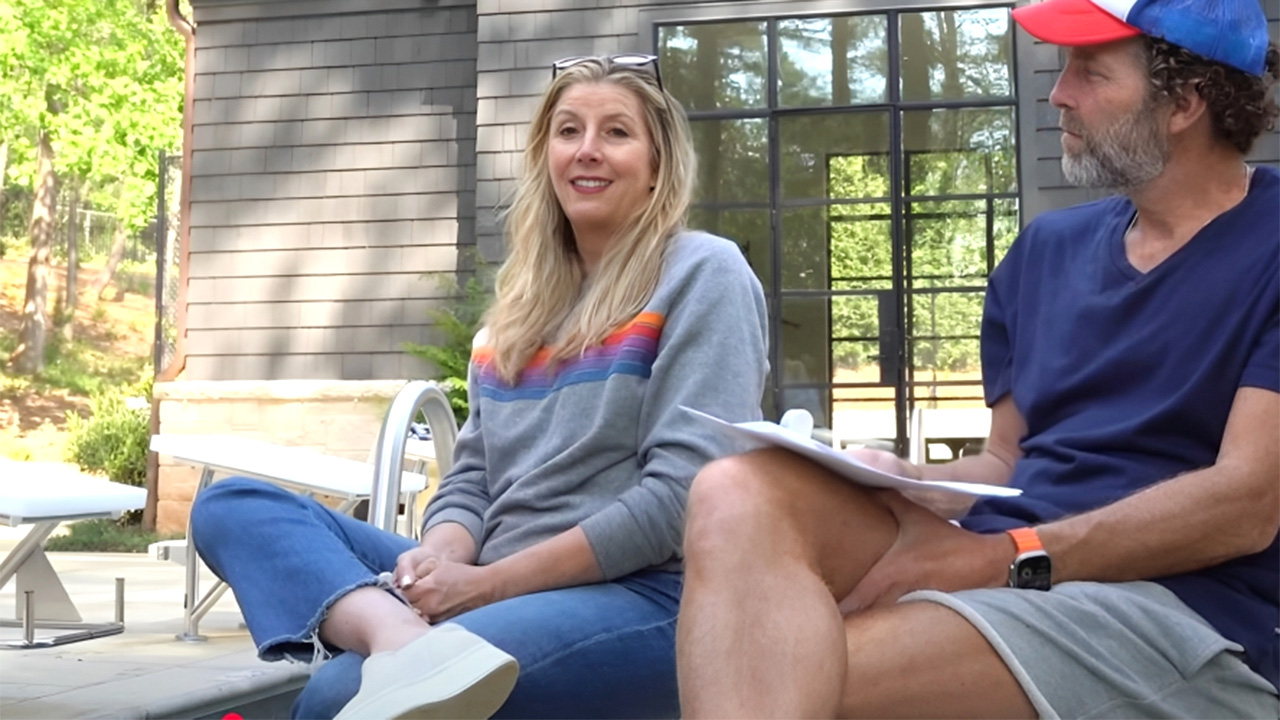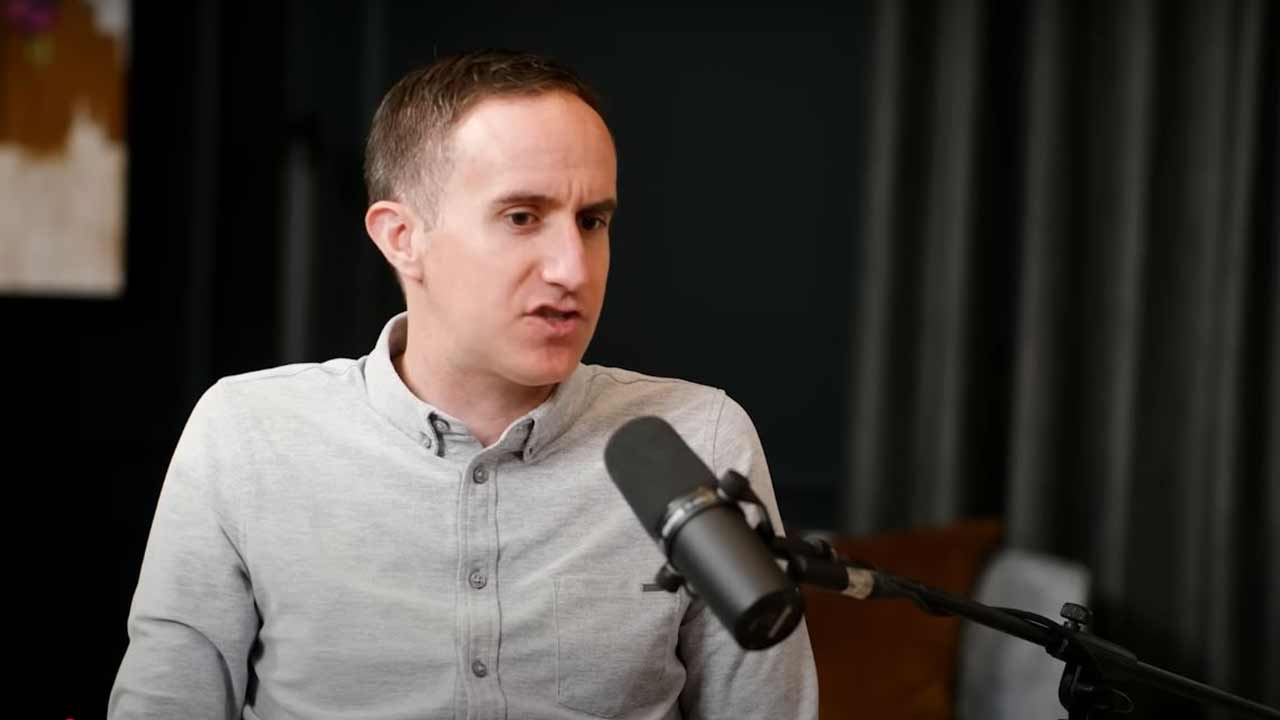Sara Blakely sold fax machines door-to-door, launched Spanx with $5,000 in savings, and became the youngest self-made female billionaire in America. She could hire a fleet of accountants, outsource every financial decision, and never look at a receipt again. But she doesn’t.
Despite her wealth, Blakely still manages her own personal budget. She tracks expenses. She makes conscious choices. And she does it not because she has to—but because it’s how she built everything in the first place.
She’s Obsessed with Staying Grounded
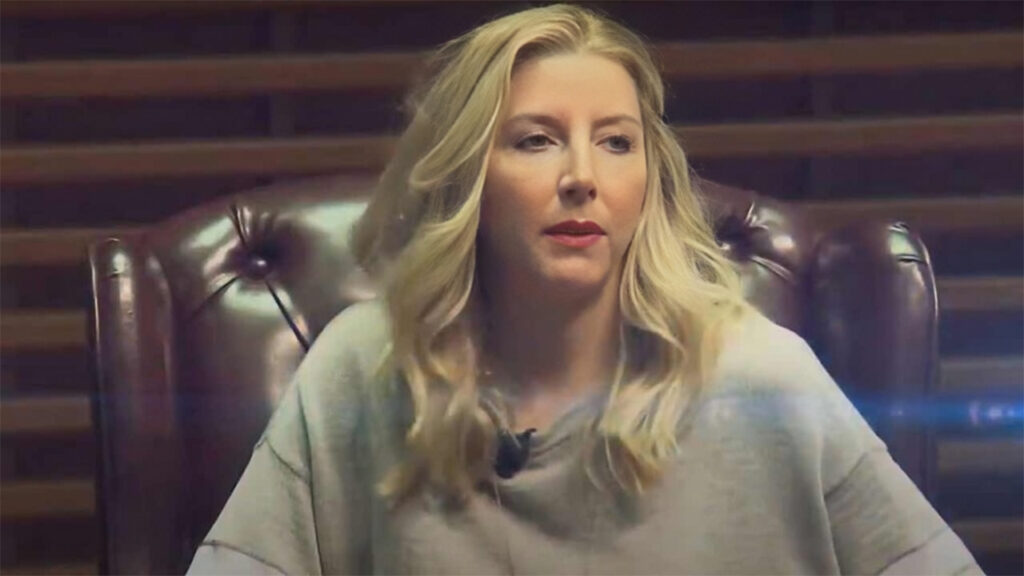
Blakely didn’t grow up wealthy. She’s talked openly about losing her dad at a young age, starting Spanx without any financial safety net, and being told “no” over and over. That upbringing shaped her mindset—and gave her a deep respect for every dollar.
Even now, she stays close to the numbers. Not because she’s afraid of losing it all, but because staying grounded keeps her focused. She’s seen what happens when people let lifestyle creep take over—and she’s not interested in that trap.
She Believes Budgeting Is a Form of Power
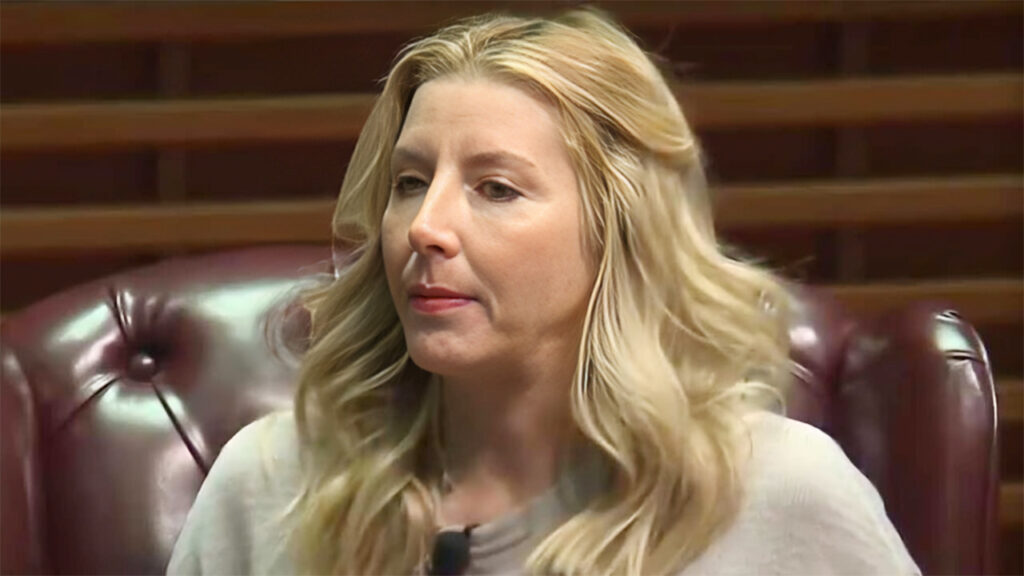
Most people think budgeting is restrictive. Blakely sees it as the opposite. For her, tracking what comes in and goes out isn’t about limiting freedom—it’s about maintaining control. It’s how she built her business, and it’s how she runs her life.
She once said she still reviews credit card statements herself. That’s not micromanagement. It’s clarity. Knowing where money goes helps her make better decisions—not just financially, but personally and professionally.
She Practices What She Preaches
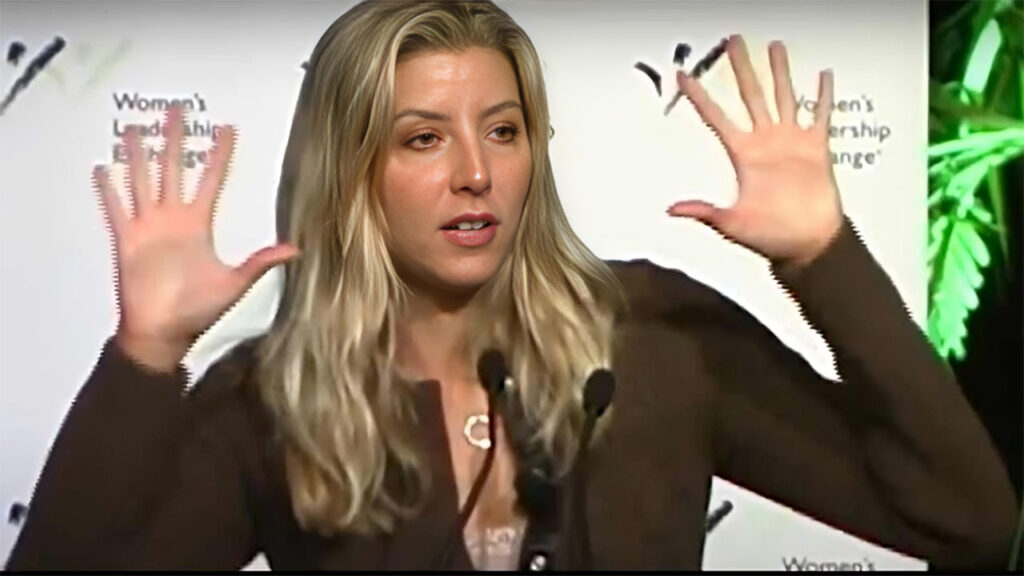
Sara Blakely built Spanx around empowering women—financially, emotionally, and physically. So it makes sense that she walks the walk. Staying involved in her own finances isn’t just a habit—it’s part of her brand.
She’s been vocal about financial literacy, even encouraging young women to learn how to read a balance sheet and negotiate their worth. Managing her own money is how she leads by example.
She Knows Wealth Doesn’t Replace Discipline

There’s a myth that once you make enough, budgeting becomes irrelevant. Blakely knows better. Money amplifies habits—and if those habits aren’t disciplined, wealth disappears fast. She doesn’t want to just have money. She wants to manage it well.
It’s why she didn’t raise outside funding for years. Why she stayed scrappy even after making millions. And why she still sets personal spending goals, even with a net worth north of $1 billion.
It Keeps Her Intentional

Blakely’s schedule is packed. But budgeting forces intentionality. It’s a way to stay connected to what matters—where she spends, who she supports, and what she says yes to. When you’re constantly being pitched investment deals, charity asks, and luxury upgrades, staying close to your numbers gives you clarity fast.
That discipline creates freedom. And in Blakely’s case, it’s helped her avoid the chaos that derails so many entrepreneurs after they make it big.
Budgeting Isn’t About Lack—It’s About Leverage

Blakely doesn’t budget because she has to. She budgets because it keeps her sharp. It’s a discipline that helped her go from selling fax machines to building a global brand. And it’s a habit she refuses to give up—even now.
Because at the end of the day, knowing your numbers isn’t just smart business—it’s smart living.

Alexander Clark is a financial writer with a knack for breaking down complex market trends and economic shifts. As a contributor to The Daily Overview, he offers readers clear, insightful analysis on everything from market movements to personal finance strategies. With a keen eye for detail and a passion for keeping up with the fast-paced world of finance, Alexander strives to make financial news accessible and engaging for everyone.
